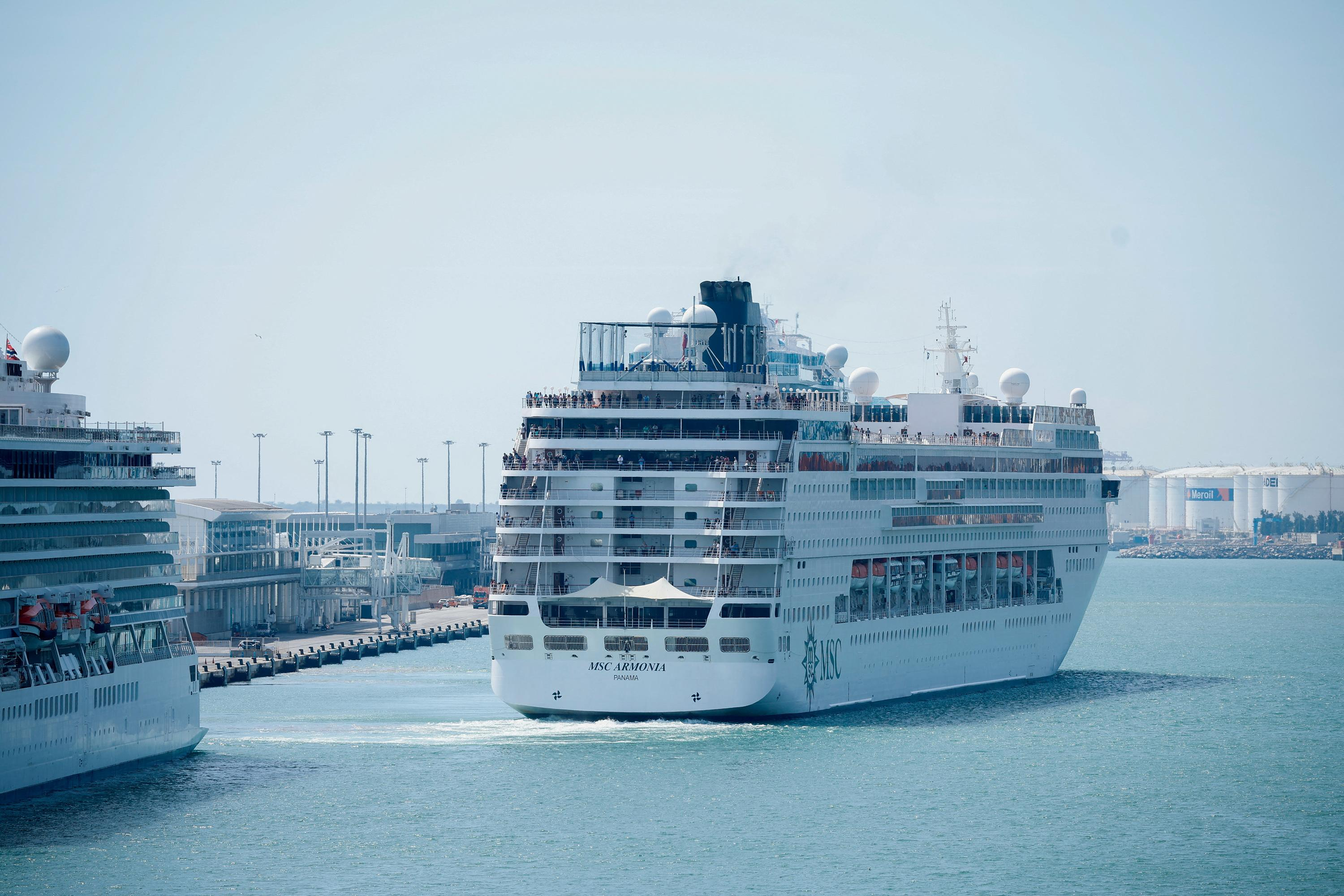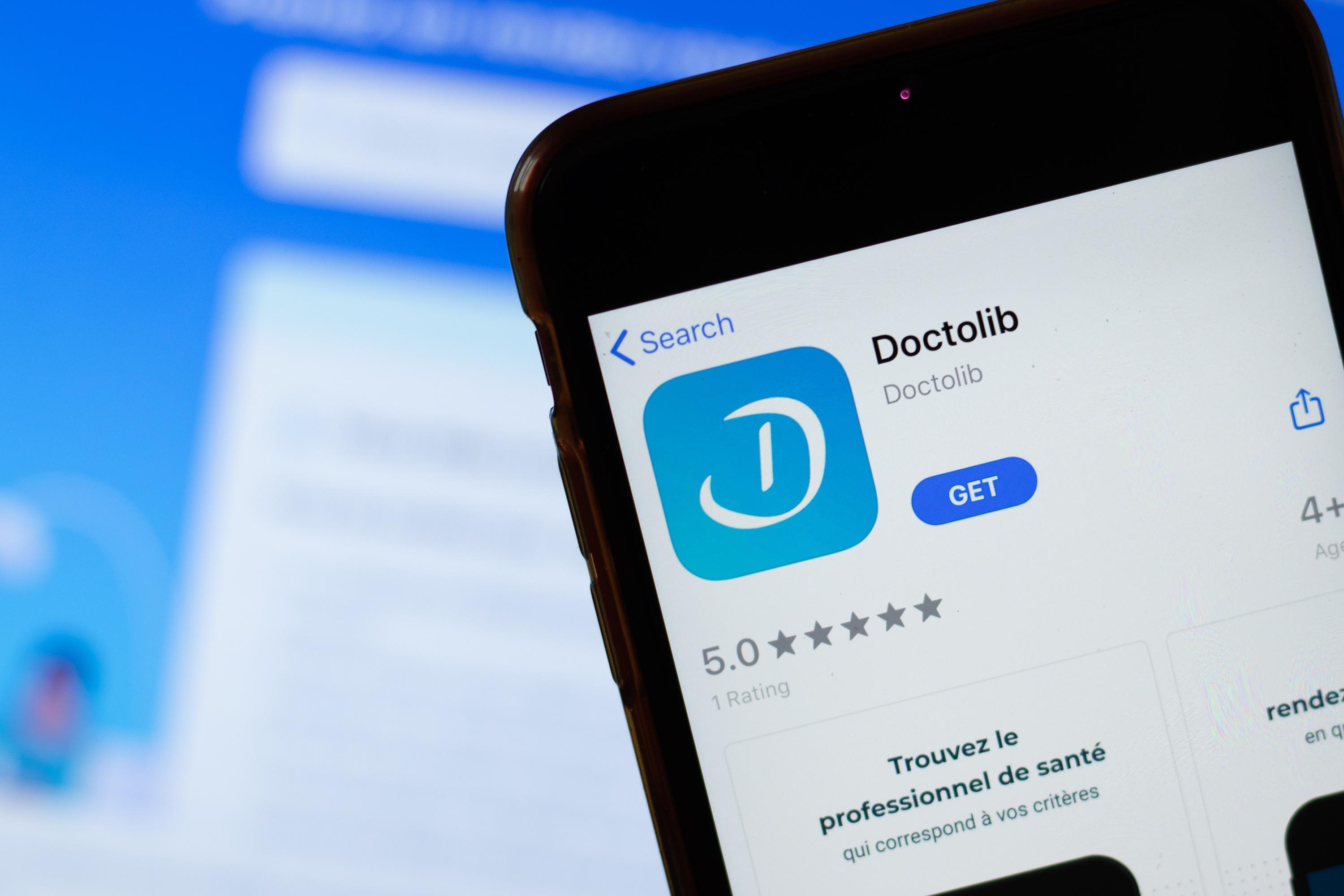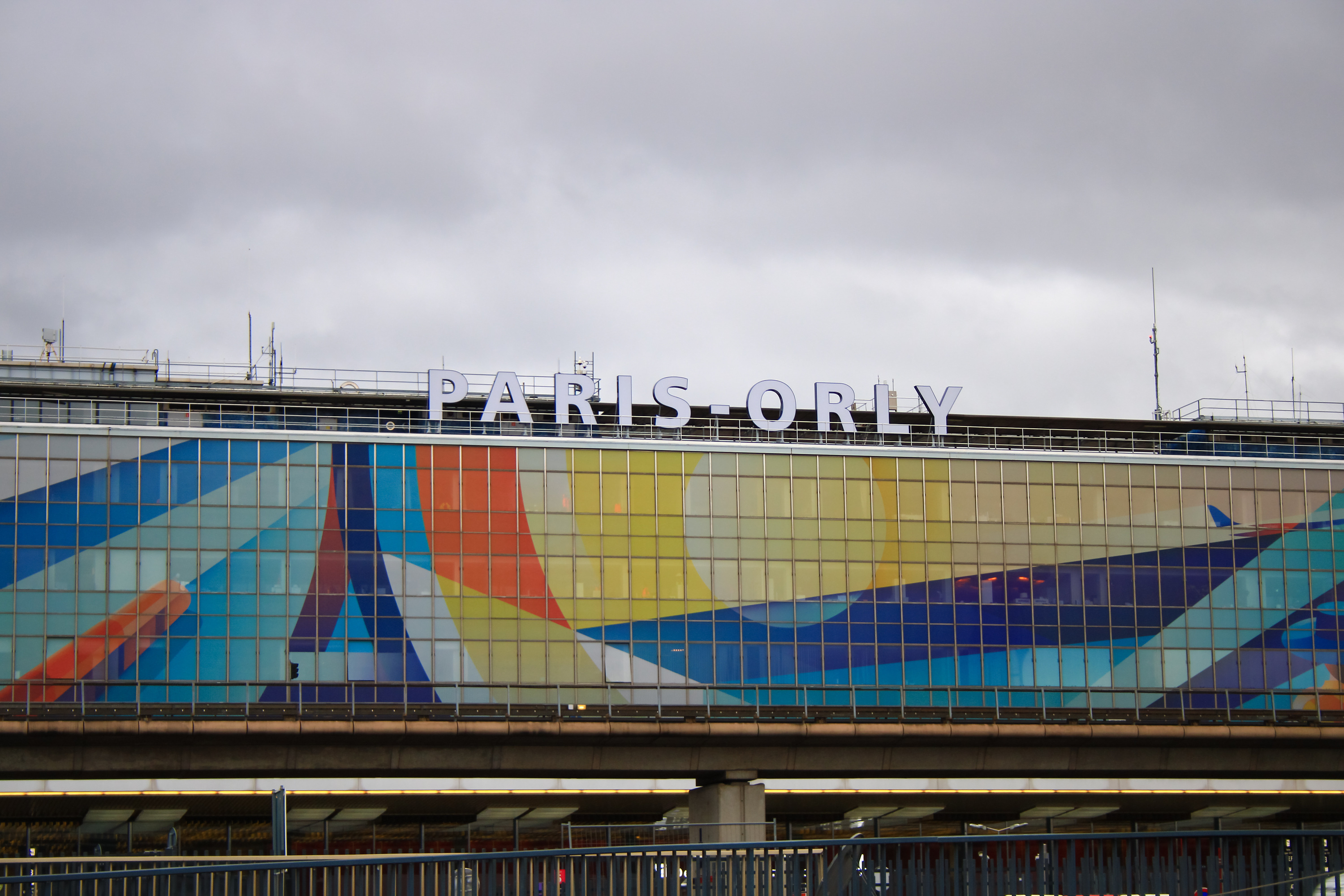The director of West German Broadcasting (WDR), Tom Buhrow, has spoken out in favor of major broadcasting reform and a new social contract for public broadcasters. "My firm impression is that Germany doesn't seem to want us to the same extent in ten years - nor to want to finance it as it does today," said the 64-year-old on Wednesday evening in front of the Übersee-Club in Hamburg, which regularly has high-ranking representatives business, politics and culture. The "Frankfurter Allgemeine Zeitung" published the speech.
The director, who expressly did not speak in his capacity as the current ARD chairman, but spoke for himself, suggested key points for the reform. “Firstly, we have to break out of the previous system of state chancellery here and broadcaster there. Secondly, we need a round table to work out a new social contract. A kind of constituent assembly for our new, non-profit broadcasting.” Thirdly, there should be “no taboos, no bans on thinking” at this round table. Buhrow also spoke of reliability and security for at least one generation.
Von Buhrow said it needed a new mental start without the typical self-defense reflexes. With regard to the ARD joint program Das Erste and the main program of ZDF, he explained: "The first question - I think - that we have to ask ourselves is: Does Germany want to continue having two nationwide, linear television channels in parallel in the 21st century? If not: what does that mean? Should one disappear completely and the other stay? Or should they merge and keep the best of both worlds?”
The director of the largest ARD broadcaster also took up his idea of a single large media library in public broadcasting in 2030, which he had expressed years ago. So far, ARD and ZDF have been working together in a more networked manner, but they continue to have independent media libraries.
The head of WDR and former "Tagesthemen" moderator also addressed the topic of transmitter mergers in the ARD and referred to RBB or SWR with a view to the history, which emerged from two stations each. Behind this is the important question of how many independent broadcasters should be part of the federal structure and diversity in Germany. "This will not be solved by broadcaster by broadcaster and state by state - but only in a larger context."
In his speech, Buhrow addressed sensitive issues that can also be heard from politics from time to time. In recent years, houses have already been encouraged to save, and many jobs have been cut. In addition, politicians have repeatedly criticized the broadcasters for not initiating reforms decisively enough themselves. The broadcasters, on the other hand, refer to the role of politics, which determines the scope of the broadcasters through state treaties.
Most recently, the debate about the public service was rekindled by turbulence at RBB and NDR. There had been different allegations against management personnel. The Berlin Public Prosecutor's Office is investigating RBB, where allegations of nepotism are concerned.

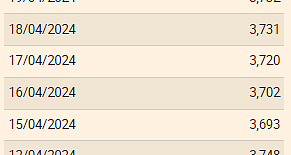 The Euribor today remains at 3.734%
The Euribor today remains at 3.734% Germany: the trial of an AfD leader, accused of chanting a Nazi slogan, resumes this Tuesday
Germany: the trial of an AfD leader, accused of chanting a Nazi slogan, resumes this Tuesday New York: at Columbia University, the anti-Semitic drift of pro-Palestinian demonstrations
New York: at Columbia University, the anti-Semitic drift of pro-Palestinian demonstrations What is Akila, the mission in which the Charles de Gaulle is participating under NATO command?
What is Akila, the mission in which the Charles de Gaulle is participating under NATO command? What High Blood Pressure Does to Your Body (And Why It Should Be Treated)
What High Blood Pressure Does to Your Body (And Why It Should Be Treated) Vaccination in France has progressed in 2023, rejoices Public Health France
Vaccination in France has progressed in 2023, rejoices Public Health France Food additives suspected of promoting cardiovascular diseases
Food additives suspected of promoting cardiovascular diseases “Even morphine doesn’t work”: Léane, 17, victim of the adverse effects of an antibiotic
“Even morphine doesn’t work”: Léane, 17, victim of the adverse effects of an antibiotic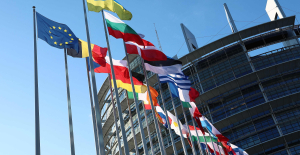 MEPs validate reform of EU budgetary rules
MEPs validate reform of EU budgetary rules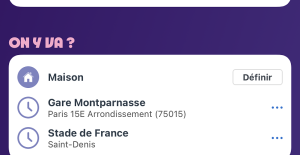 “Public Transport Paris 2024”, the application for Olympic Games spectators, is available
“Public Transport Paris 2024”, the application for Olympic Games spectators, is available Spotify goes green in the first quarter and sees its number of paying subscribers increase
Spotify goes green in the first quarter and sees its number of paying subscribers increase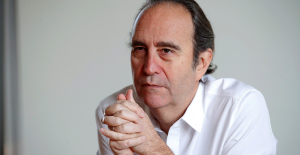 Xavier Niel finalizes the sale of his shares in the Le Monde group to an independent fund
Xavier Niel finalizes the sale of his shares in the Le Monde group to an independent fund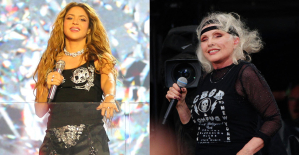 Owner of Blondie and Shakira catalogs in favor of $1.5 billion offer
Owner of Blondie and Shakira catalogs in favor of $1.5 billion offer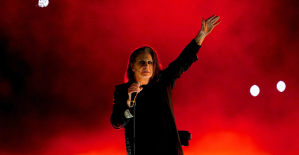 Cher et Ozzy Osbourne rejoignent le Rock and Roll Hall of Fame
Cher et Ozzy Osbourne rejoignent le Rock and Roll Hall of Fame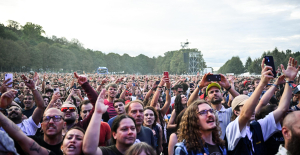 Three months before the Olympic Games, festivals and concert halls fear paying the price
Three months before the Olympic Games, festivals and concert halls fear paying the price With Brigitte Macron, Aya Nakamura sows new clues about her participation in the Olympics
With Brigitte Macron, Aya Nakamura sows new clues about her participation in the Olympics Skoda Kodiaq 2024: a 'beast' plug-in hybrid SUV
Skoda Kodiaq 2024: a 'beast' plug-in hybrid SUV Tesla launches a new Model Y with 600 km of autonomy at a "more accessible price"
Tesla launches a new Model Y with 600 km of autonomy at a "more accessible price" The 10 best-selling cars in March 2024 in Spain: sales fall due to Easter
The 10 best-selling cars in March 2024 in Spain: sales fall due to Easter A private jet company buys more than 100 flying cars
A private jet company buys more than 100 flying cars This is how housing prices have changed in Spain in the last decade
This is how housing prices have changed in Spain in the last decade The home mortgage firm drops 10% in January and interest soars to 3.46%
The home mortgage firm drops 10% in January and interest soars to 3.46% The jewel of the Rocío de Nagüeles urbanization: a dream villa in Marbella
The jewel of the Rocío de Nagüeles urbanization: a dream villa in Marbella Rental prices grow by 7.3% in February: where does it go up and where does it go down?
Rental prices grow by 7.3% in February: where does it go up and where does it go down? Europeans: “All those who claim that we don’t need Europe are liars”, criticizes Bayrou
Europeans: “All those who claim that we don’t need Europe are liars”, criticizes Bayrou With the promise of a “real burst of authority”, Gabriel Attal provokes the ire of the opposition
With the promise of a “real burst of authority”, Gabriel Attal provokes the ire of the opposition Europeans: the schedule of debates to follow between now and June 9
Europeans: the schedule of debates to follow between now and June 9 Europeans: “In France, there is a left and there is a right,” assures Bellamy
Europeans: “In France, there is a left and there is a right,” assures Bellamy These French cities that will boycott the World Cup in Qatar
These French cities that will boycott the World Cup in Qatar Serie A: Bologna surprises AS Rome in the race for the C1
Serie A: Bologna surprises AS Rome in the race for the C1 Serie A: Marcus Thuram king of Italy, end of the debate for the position of number 9 with the Blues?
Serie A: Marcus Thuram king of Italy, end of the debate for the position of number 9 with the Blues? Milan AC-Inter Milan: Thuram and Pavard impeccable, Hernandez helpless… The tops and flops of the derby
Milan AC-Inter Milan: Thuram and Pavard impeccable, Hernandez helpless… The tops and flops of the derby Ligue 2: Auxerre leader, Bordeaux in crisis, play-offs... 5 questions about an exciting end of the season
Ligue 2: Auxerre leader, Bordeaux in crisis, play-offs... 5 questions about an exciting end of the season




